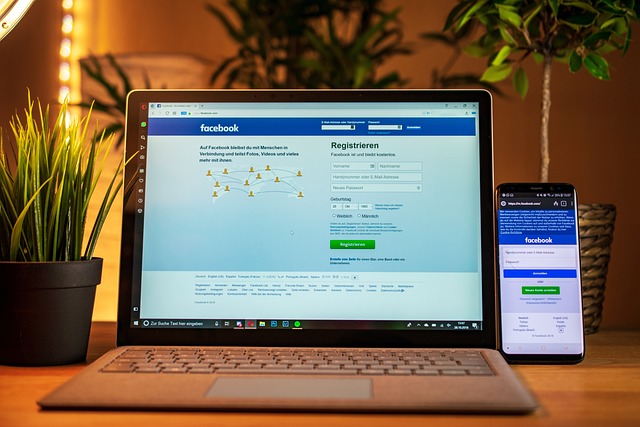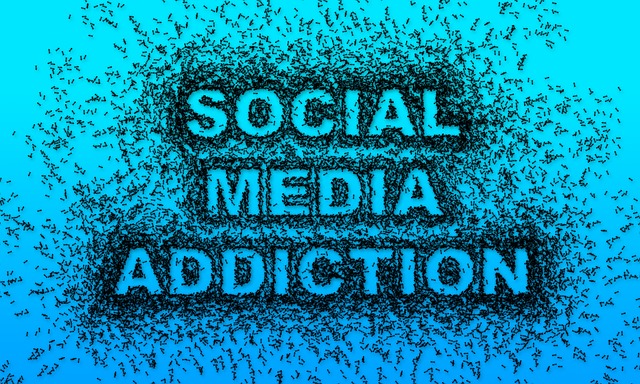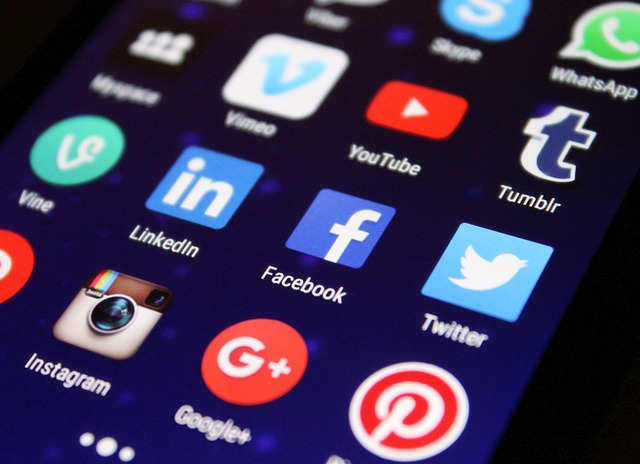In today’s digital age, the term influencer” has woven itself into the fabric of our daily lives, transcending typical boundaries of branding and marketing. With the rise of platforms like Instagram, TikTok, and YouTube, we now encounter influencers as social actors, shaping our perceptions and influencing our choices on a grand scale. The power they wield goes beyond mere product promotion; it involves fostering communities, igniting conversations, and even driving social change.
Social media’s impact cannot be understated. It has created an environment where a single post can spark a wave of engagement, transcending geographical borders and connecting individuals from diverse backgrounds. Influencers are at the forefront of this phenomenon, acting not only as content creators but also as voices for various social issues. Their platforms give them the power to raise awareness about critical topics, from sustainability to mental health, harnessing their audience’s emotional connection and inspiring action.
When we think of influencers, we often envision glamorous lifestyles and perfectly curated feeds. However, the reality is that many influencers leverage their platforms to advocate for accountability and change. This transformation of influencers into social actors signifies a shift in how we perceive authority and expertise. Followers don’t just seek out products; they look for authenticity, relatability, and connection. The influencers who succeed are those who build trust and foster relationships with their audiences—turning mere endorsements into conversations that resonate on a personal level.
Moreover, the democratization of information on social media has empowered individuals to choose their narratives. Influencers, primarily those who remain grounded and connected to their values, are seen as relatable and, thus, more impactful. This creates a unique environment where traditional media cannot compete, as influencers speak to their followers in a way that feels personal and direct. They encourage their audiences to not only consume content but to engage with it, prompting discussions, questions, and even dissent, thus further solidifying their roles as social actors.
As we explore influencers as social actors within the broader influencerk culture, it is essential to acknowledge the responsibility that comes with this power. With great influence comes the obligation to lead with integrity and purpose. Influencers have the ability to mold public opinion, and with this potential comes the duty to advocate for the greater good. In a world saturated with information, the role of the influencer enriches the social media ecosystem by offering diverse perspectives and fostering a sense of community among their followers.
This evolving landscape invites us to contemplate how we, as consumers, engage with influencers and the content they share. Are we simply passive observers, or do we actively participate in the conversations they spark? By critically reflecting on the messages we receive from influencers and recognizing their influence as social actors, we can cultivate a more informed and engaged audience. Social media’s impact extends beyond likes and shares; it has the potential to create meaningful change through collective action inspired by influential voices.




